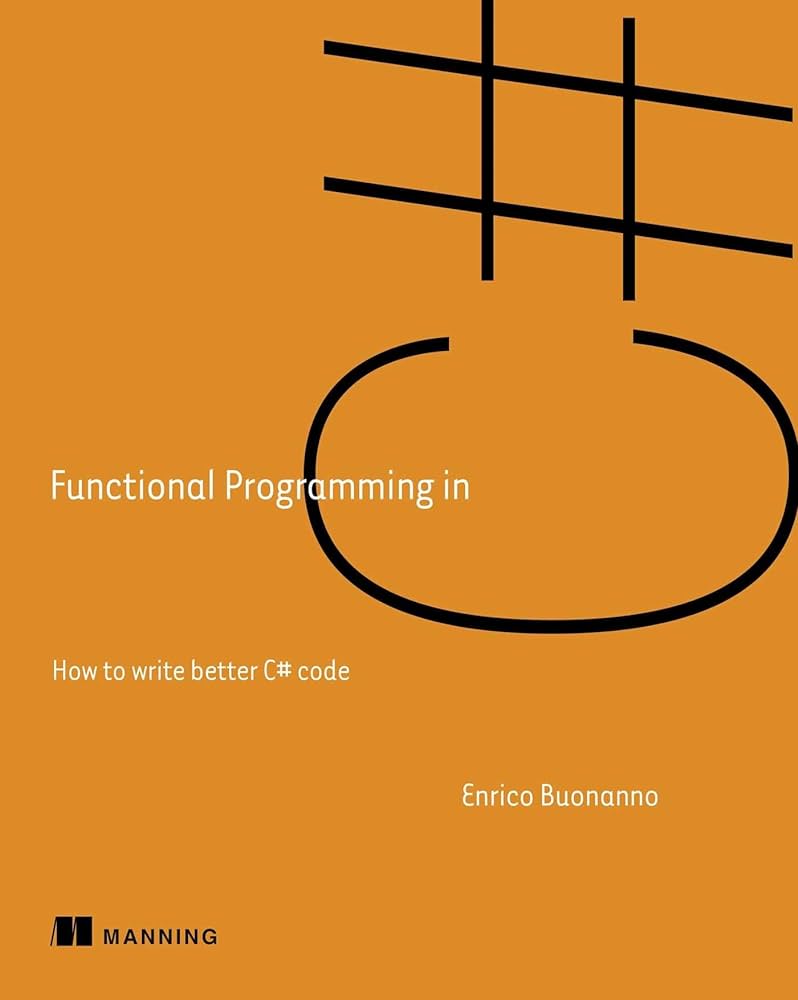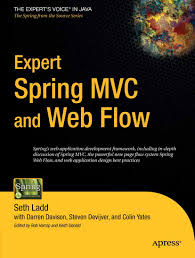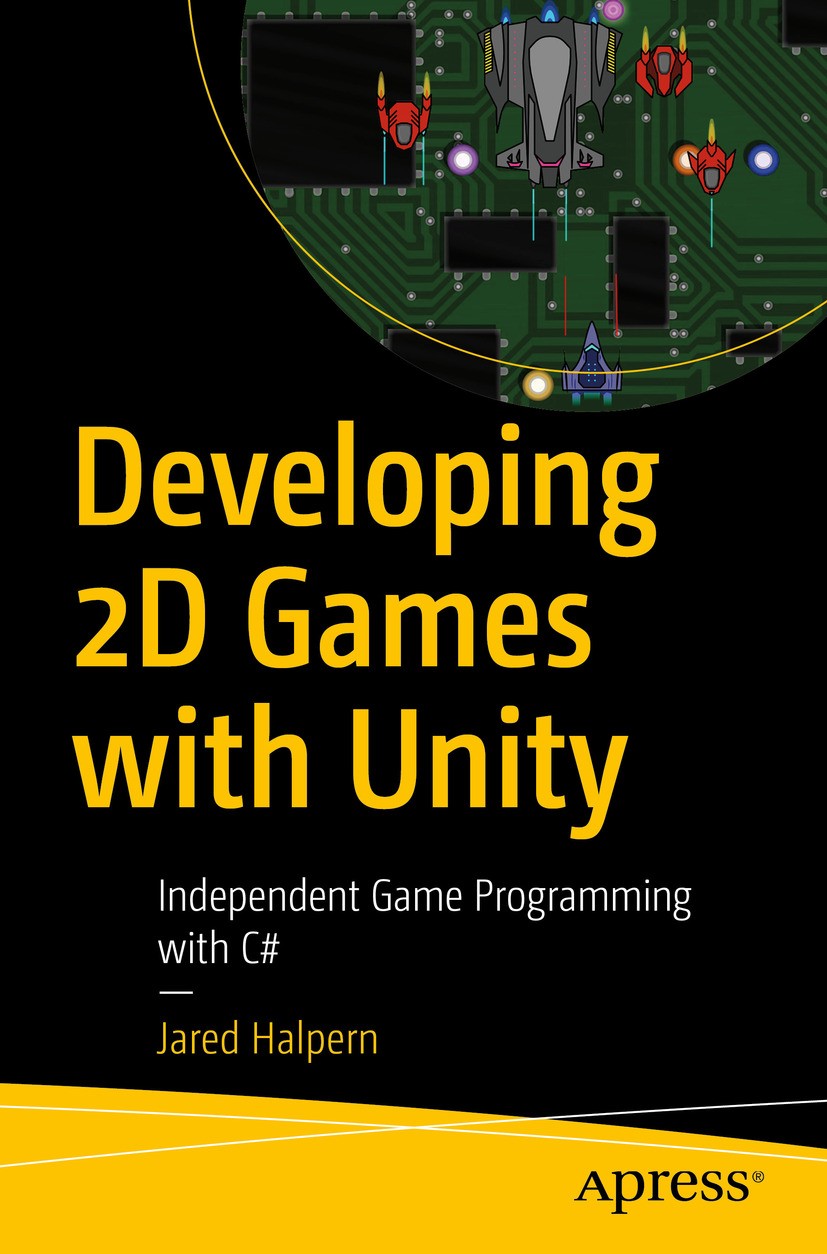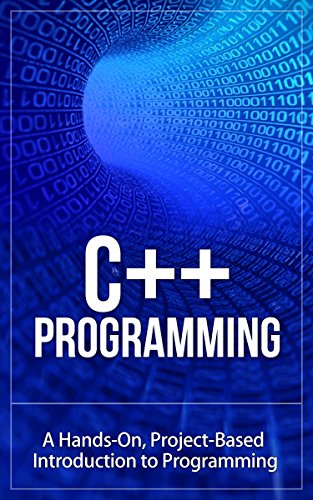Description
“Functional Programming in C#” introduces readers to functional programming and demonstrates how to leverage its principles and techniques within the C# programming language. With the rise of modern development paradigms and the increasing demand for scalable, maintainable, and robust software solutions, functional programming has emerged as a powerful approach for tackling complex problems and improving code quality. In this book, readers will journey from the basics of functional programming to its advanced applications in real-world development scenarios, unlocking the full potential of C# as a functional programming language.
Chapter 1: Introduction to Functional Programming This chapter overviews concepts and principles, including immutability, higher-order functions, pure functions, and referential transparency. Readers will learn how functional programming differs from imperative programming paradigms and gain insight into the benefits of adopting a functional programming approach in software development.
Chapter 2: Functional Techniques in C# In this chapter, readers will explore the functional capabilities of C# and learn how to leverage features such as lambda expressions, delegates, and LINQ (Language Integrated Query) to write functional-style code. Through practical examples and hands-on exercises, readers will discover how to apply functional techniques to solve common programming problems and improve code readability and maintainability.
Chapter 3: Functional Composition and Pipelines Functional composition and pipelines are potent techniques for combining and transforming functions to create complex yet elegant solutions. This chapter introduces readers to composition and pipeline operators in C# and demonstrates how to use them to build composable and reusable functions. Through real-world examples and case studies, readers will learn how to design expressive and concise pipelines for processing data and performing transformations.
Chapter 4: Immutable Data Structures and State Management Immutable data structures play a crucial role in functional programming by ensuring that data remains unchanged throughout its lifecycle. In this chapter, readers will explore techniques for working with immutable data structures in C# and learn how to manage application states in a functional and thread-safe manner. Topics covered include persistent data structures, value objects, and techniques for minimizing mutability in object-oriented codebases.
Chapter 5: Error Handling and Monadic Patterns Error handling is a critical aspect of software development, and functional programming offers elegant solutions for managing errors and handling exceptional cases. This chapter introduces readers to monadic patterns in C# and demonstrates how to use constructs such as the Option monad and the Either monad for robust error handling and validation. Through practical examples and best practices, readers will learn how to design fault-tolerant and resilient systems using monadic patterns.
Chapter 6: Asynchronous and Parallel Programming Asynchronous and parallel programming are essential for building responsive and scalable applications in today’s multi-core and distributed computing environments. This chapter explores functional approaches to asynchronous and parallel programming in C#, including using asynchronous functions, the Task Parallel Library (TPL), and functional abstractions for concurrency control. Readers will learn how to write concurrent and parallel code that is efficient and easy to reason about.
Conclusion: “Functional Programming in C#” concludes with a reflection on the transformative power of functional programming techniques and their impact on modern software development practices. Armed with a solid understanding of functional principles and techniques, readers will be well-equipped to harness the full potential of C# as a functional programming language and build scalable, maintainable, and resilient software solutions in the face of complexity. Whether you’re a seasoned C# developer or a newcomer to functional programming, this book provides a comprehensive guide for mastering functional techniques and unlocking new possibilities in your code.






Joshua –
Functional programming is often seen as esoteric or academic, but this ebook breaks down the barriers and makes it accessible to anyone with a basic understanding of C#. The explanations are clear and concise, with plenty of code examples to illustrate each concept.
Gabriel –
Functional programming has always been a bit intimidating to me, but this ebook made it accessible and even enjoyable! The author does a fantastic job of breaking down complex concepts into manageable chunks and providing clear explanations with plenty of examples.
Ifeoma –
As someone who’s been writing C# code for years, I was skeptical about functional programming at first. However, this ebook opened my eyes to a whole new way of thinking about software development.
Isaac –
This ebook is a game-changer for any C# developer looking to level up their skills. The author does an excellent job of explaining functional programming concepts and how they apply to C#.